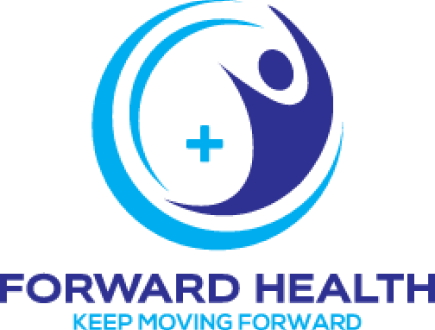Roughly half of people who have a severe mental health disorder are also affected by substance use. When individuals have both a substance use and mental health disorder, they are diagnosed with a co-occurring disorder (or dual diagnosis). These conditions are trickier to treat, but with the right medications and therapies, most people respond well.
If you’re worried that you or a loved one is struggling with a co-occurring condition, it’s important to get all the information you can. Below we’ll discuss why mental and substance use disorders are connected and the most common co-occurring conditions to be aware of.
The Connection Between Mental Health and Substance Use Disorders
There are several reasons why substance use and mental health disorders are closely related. First, certain illegal drugs can cause people with an addiction to experience mental health problems. Second, mental health problems can sometimes lead to drug or alcohol use becuase people are trying to escape their symptoms.
Lastly, mental and substance use disorders share some of the same underlying causes, such as genetic vulnerabilities, early exposure to stress or trauma and brain composition. Because of this, one person may be susceptible to developing both a mental health and a substance use disorder.
Top 5 Co-Occurring Disorders Seen with Substance Use
While there are many mental health problems that can impact a person’s addiction issues, these conditions are some of the most common that we treat.
-
Generalized anxiety disorder
Generalized anxiety disorder refers to persistent worrying or anxiety about a number of everyday issues. It can occur at any age, and it has similar symptoms to panic disorder, obsessive compulsive disorder and other types of anxiety. Symptoms last longer than six months and are more commonly seen in women.
-
Eating disorders
Eating disorders, such as anorexia and bulimia, are commonly seen in individuals who need substance use treatment. Often, individuals will use drugs like stimulants or diet pills to suppress their appetite and increase their confidence. Eating disorders are especially difficult to treat because they’re often associated with other mental health problems like anxiety, depression or ADHD.
-
Post-traumatic stress disorder
PTSD can develop in people who have experienced a traumatic event, such as assault or neglect. Typically, people with PTSD will experience flashbacks and nightmares that feel as real as the event itself. To escape these feelings, some people will self medicate with drugs and alcohol, which leads to further disruptions.
-
Personality disorders
Personality and mood disorders, such as borderline personality disorder, can be characterized by a wide range of symptoms like impulsive behavior, severe mood swings and emotional imbalances. These people often have trouble maintaining healthy relationships and getting along with others. Because of this, they sometimes turn to drugs and alcohol to escape.
-
Attention deficit hyperactivity disorder
Since ADHD is so common, some people forget how debilitating it can be. People with ADHD are often hyperactive and have trouble focusing and controlling their impulses. Prescription medications like stimulants are used to treat ADHD, but some young people abuse these medications or rely on drugs and alcohol to suppress their symptoms.
Co-occurring disorders respond well to behavioral therapies, counseling and medication. However, it’s important to choose a treatment center that has experience treating these conditions. Contact Forward Health in Ohio to learn more about our approach to treating co-occurring disorders.

